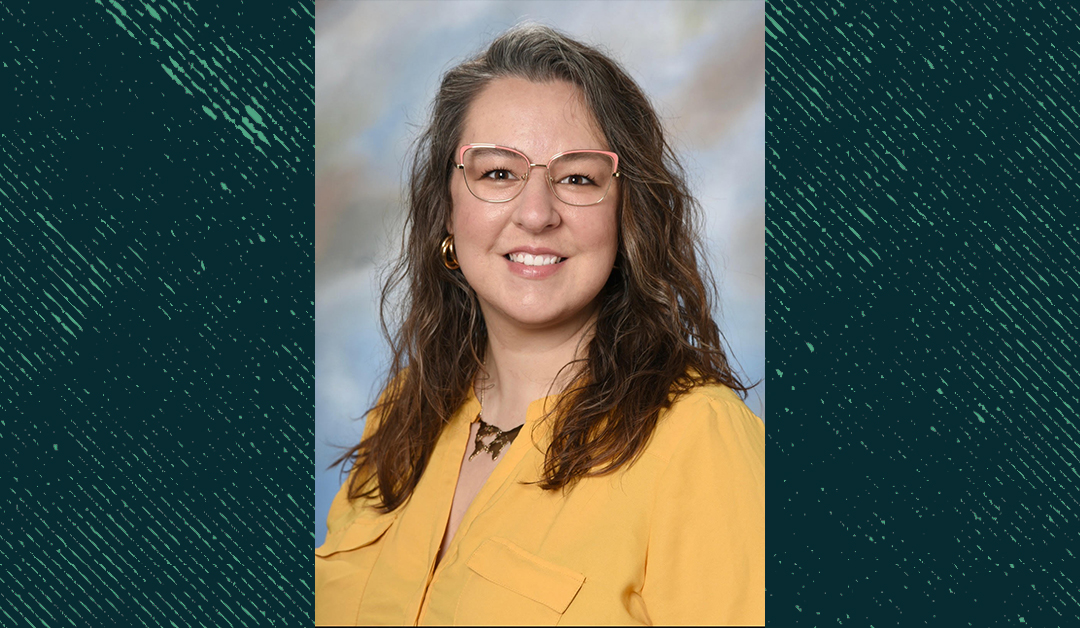Nathalie Towchik, a 2024 graduate of Antioch’s EdD in Educational and Professional Practice, recently published her dissertation titled, Exploring Cultural Humility Prevalence and Barriers in Masters of Science in Athletic Training Education Programs.
As a certified athletic trainer for seven years at a diverse, high school in Ohio, Towchik saw the many ways athletic training education fell short of preparing her for the unexpected interactions she could have with athletes of various identities. While she learned to do better, many of her colleagues did not, inspiring her research.
She wanted all student-athletes and patients, not just those in her care, to receive the highest quality and most equitable care possible from athletic trainers across the country. This work is a passion project, one meant to explore our current status in athletic training education and a plan of action outlining the next steps and the objectives that professionals should continue in order to enhance the quality of care that can be provided. Cultural humility is a powerful framework that can change the landscape of sports medicine and, hopefully, healthcare as a whole, to encourage all clinicians to remain humble, self-evaluative, and act as patient advocates throughout their careers.
Towchik’s purpose of this study was to understand the prevalence of faculty members’ abilities to incorporate cultural humility into their Masters of Science in Athletic Training program curriculum and the barriers they may face in implementing this into regular practice. There is a severe lack of focus on issues pertaining to social justice within the athletic training profession, as well as the implementation of cultural humility. Practicing this can help address the systemic injustices within athletic training healthcare delivery. While there has been a focus on cultural competency in athletic training education, there is little to no current research on cultural humility and how it is used in programs currently, nor how comfortable faculty members are with teaching their students cultural humility in intentional and effective ways.
Using qualitative data, Towchik wanted to understand perceived barriers to the implementation of culturally humble training within the current curriculum. She interviewed faculty members at accredited institutions virtually, and it was determined that cultural humility is taught to various degrees within differing programs. Student identity, faculty identity, social determinants of health, open-mindedness, and commitment to action are some themes identified within the work. Identified barriers include time, identity, and legislative restrictions.
Read more about Towchik and her dissertation Exploring Cultural Humility Prevalence and Barriers in Masters of Science in Athletic Training Education Programs here.
Learn about Antioch’s EdD in Educational and Professional Practice.






